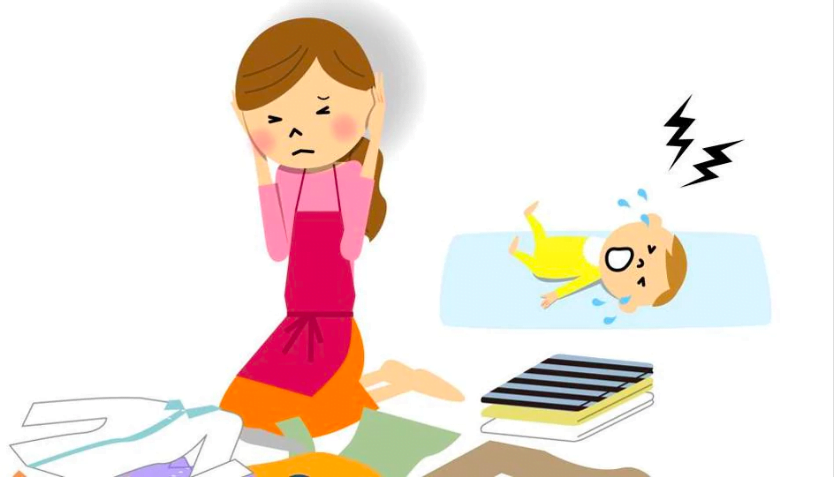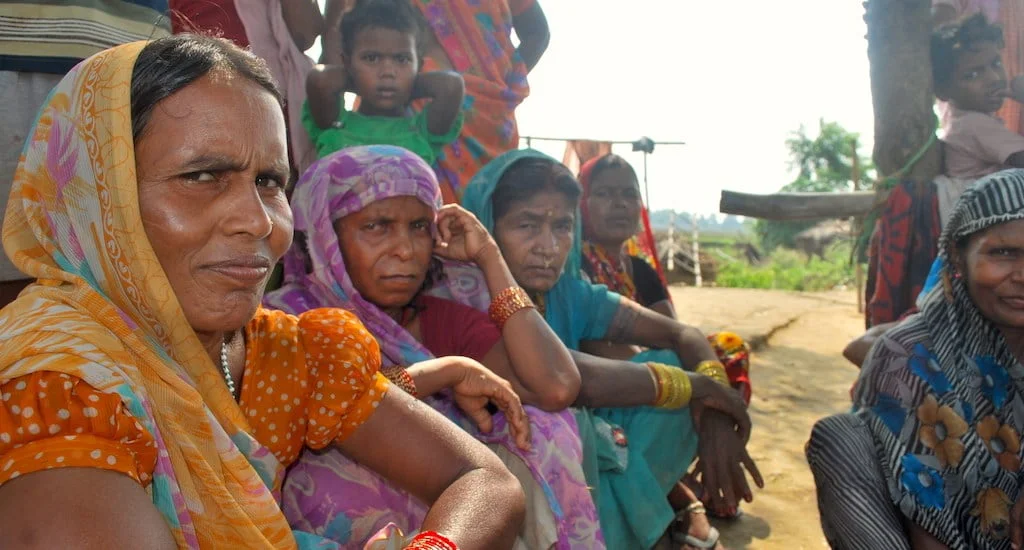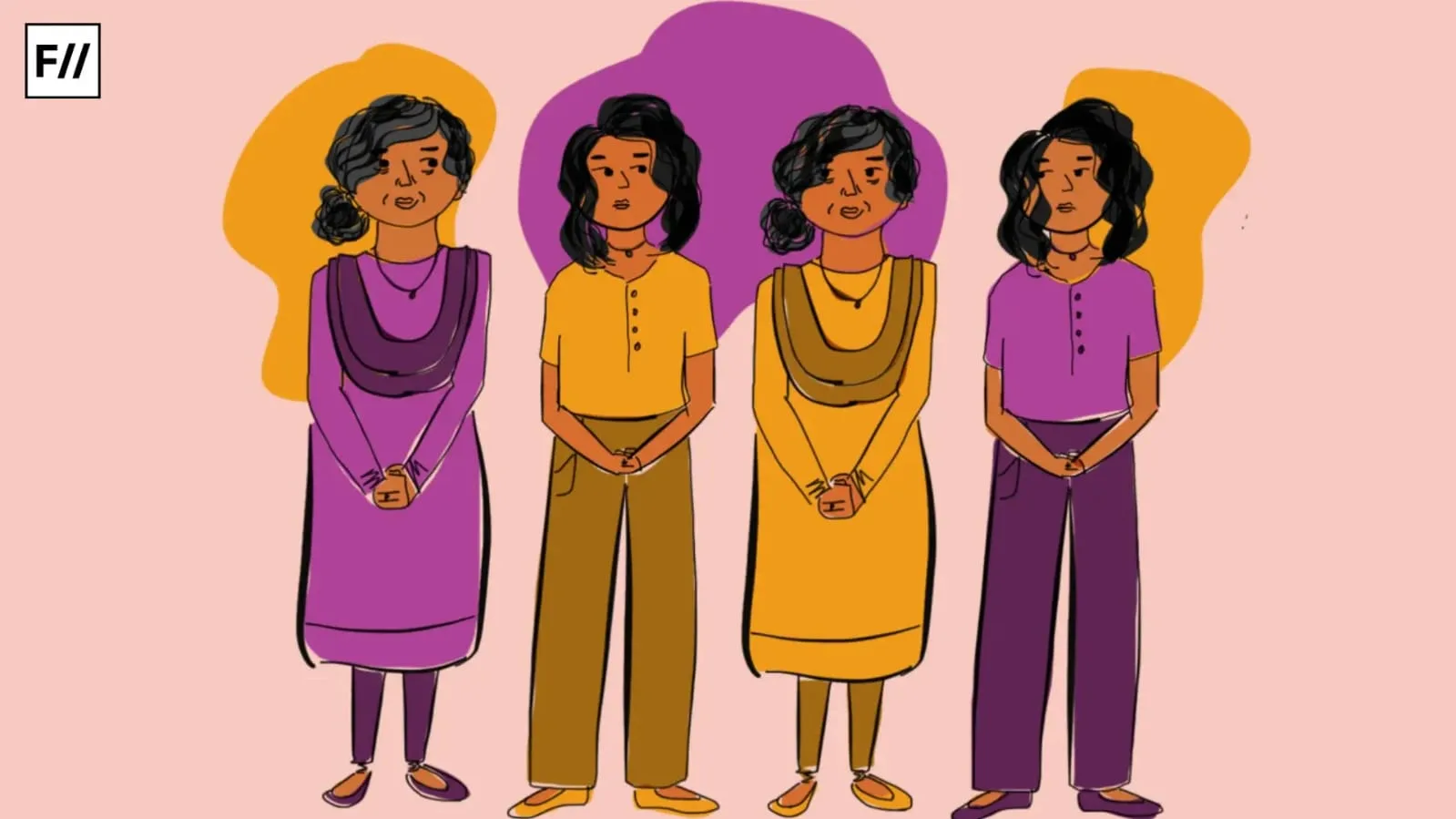In the middle of a time when mental health and depression is finally being talked about, sans the stigma associated with it, White Swan Foundation launched an eBook for expectant mothers on maternal mental health – i.e. how to deal with postpartum depression and when to seek medical help for a mental health issue during pregnancy.

Download the ebook here.
It sheds light on maternity blues and postpartum depression, a condition which is not talked about too often in our country. Amidst the happiness of having a child being born into the family, and the zest to keep the mother and the child healthy, we often forget to consider the mother’s mental well being.
In a report published by the World Health Organisation, 15.6% of pregnant women in developing countries experience a mental health disorder, depression being the most common. In India, it is estimated that one in five new mothers are estimated to have postpartum depression. India is experiencing a steady decline in maternal mortality, which means that the focus of care in the future will shift towards reducing maternal morbidity, including mental health disorders. Despite the growing number of empirical studies on postpartum depression in India, there is a lack of robust systematic evidence that looks not only at the overall burden of postpartum depression, but also its associated risk factors.
Amidst the happiness of having a child being born, and the zest to keep the mother and the child healthy, we often forget to consider the mother’s mental well being.
The eBook covers various subtopics in its discussions, the different issues related to mental health during pregnancy: anxiety, mood, sleeping patterns, etc. It also reflects on what one can expect to go through during this time, and how to determine situations where medical attention is required.
Maternity blues, though rampant, has been ignored and silenced by a society that believes that all having a child is automatically a incredibly happy and exciting time in every woman’s life, without exception. This eBook aims to challenge these assumptions by shedding light on the prevalence of maternal depression.
The book focuses on what a partner’s responsibility is during a woman’s pregnancy and post that, what population of women are more susceptible to postpartum depression and what myths need to be busted. It answers a lot of questions an expectant mother has, and also makes understanding postpartum depression much easier.
Also read: Postpartum Depression: Deromanticizing Motherhood
The eBook is meant not only for the pregnant women, but their families and spouses as well. It mentions the ways a pregnant woman’s family can look after her mental well being, along with her physical health. It showcases the problems associated with motherhood in a realistic manner, without glorifying the concept of motherhood, and the emotional attachment a woman feels with her newborn baby. It is completely normal for a new mother to not immediately feel a bond with her child, and their is no need to be guilty about it.
The eBook is meant not only for the pregnant women, but their families and spouses as well.
Research on postpartum depression is largely restricted to regional studies conducted by local psychologists and healthcare centres; it is not very common to find a pan-Indian database on the maternal mental health. In a situation like this, coupled with the fact that postpartum depression affects women in suburban and rural India as much as it affects women in the urban areas; with over 26% of Indian women becoming victims of postpartum depression, an eBook like this serves as a means of women understanding the mental and psychological changes that she goes through immediately after pregnancy and childbirth.
Postpartum depression is not a problem restricted to the patients. Various studies carried out in developed countries provide compelling evidence that postnatal depression is associated with long term emotional, cognitive, and intellectual problem in children. There is some evidence that poor maternal mental health may also be associated with malnutrition and poor physical health in infants in developing countries. It is therefore, likely to have important public health consequences in the developing world. Thus, postpartum depression is of particular relevance in health planning, from the viewpoint of maternal and child health. Very few studies related to postpartum depression are reported in South Asia, including India.
It is completely normal for a new mother to not immediately feel a bond with her child, and their is no need to be guilty about it.
The taboo associated with depression is finally being lifted, with baby steps in the direction of understanding the importance of maternal mental health and the ways to treat depression. The eBook by White Swan Foundation acts like a bridge between new mothers with all the expectations associated with motherhood and a path towards her overall well being. Find the eBook here.
Featured Image Credit: Shutterstock
About the author(s)
Ayushmita is a gender and sexuality educator, an amateur researcher, and a Freelance Consultant with an interest in Policy and Development with a gendered approach. She carries a notebook each time she goes to the movies, to jot down all the problematic instances of the film she can rant about later. She is a plant mother and contrary to popular belief, naming plants does not mean she is a loner.




